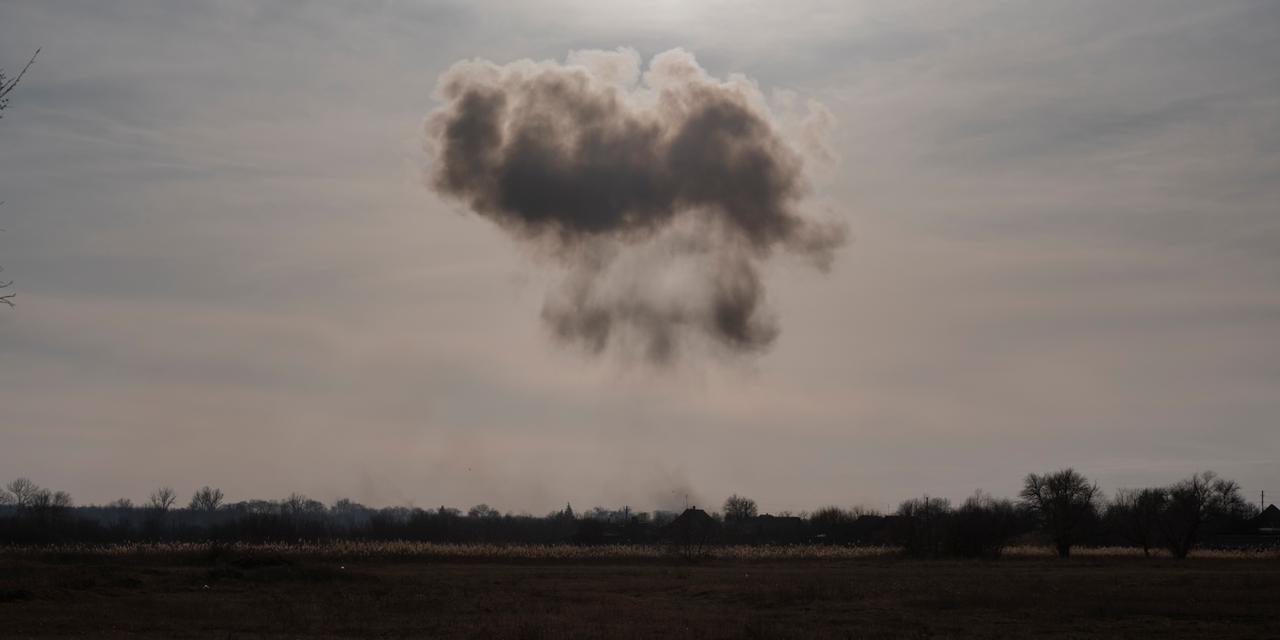


Antoni Lallican, a French photojournalist killed in Ukraine, was 'insatiably curious and truly interested in others'
ObituaryIn conflict zones or in France, Antoni Lallican, who contributed to Le Monde, bore witness to the world's wounds with empathy for the people he met. He was killed on October 3 at the age of 37, targeted by a drone in the Donbas region. We are publishing his long-term work on this region.
At the end of the 2010s, Antoni Lallican decided to change his life. His studies to become a pharmacist, followed by his early professional experience as a sales representative, did not satisfy his sense of ethics. Already passionate about photography, he experienced his first professional turning point a few months after the start of the Yellow Vest protests in January 2019. "It was an event that deeply affected him – this guy from Picardy, far from the Parisian establishment, who watched shops close one after another," recalled his friend Pierre Jova, a journalist at the weekly magazine La Vie. Born in January 1988, Lallican grew up in the village of Villers-sur-Coudun (northern France) and went on to study at the Lycée Pierre-d'Ailly in Compiègne.
In 2021, in his early 30s, Lallican − already experienced in socially engaged documentary work − decided to hone his skills at the École des Métiers de l'Information (EMI), a journalism and media school in Paris. However, Russia's offensive in Ukraine on February 24, 2022, changed his plans. Shortly after the invasion, he cut his training short to head to Kyiv. Very quickly, Lallican found inspiration in the Donbas region, under circumstances that directly echoed the long-format reporting he had already done in the disputed Armenian territory of Nagorno-Karabakh.
Relentlessly, and despite pressure from Kremlin troops, the photographer started working in 2022 to document this strategic region in the East of the country. "Elevated to the status of a symbol of the proletariat and the workers' revolution under the USSR, the Donbas mining basin maintained significant economic and cultural ties with Russia after the fall of the Soviet Union. This industrial and linguistic heritage is both the source of the residents' unique identity and of their marginalization within the broader Ukrainian population. (...) And it is in this very region that the Russian army is concentrating its efforts," he wrote to introduce this long-term project.
You have 78.6% of this article left to read. The rest is for subscribers only.
